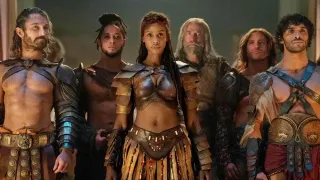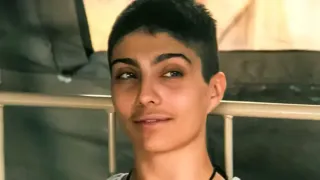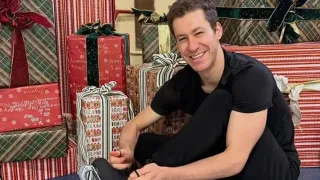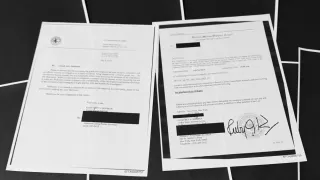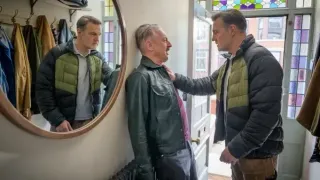May 9, 2018
New Guidelines Released for Treating Prostate Cancer
READ TIME: 2 MIN.
Whether to get screened for prostate cancer is a question that men aged 55 to 69 should decide themselves in consultation with their doctors, according to finalized guidance issued Tuesday by an influential panel of health care experts.
New evidence suggests that PSA blood tests can slightly reduce the chances of dying from the disease for some men, so those decisions may be a little easier. Though screening can sometimes lead to drastic, needless treatment, the panel says that can sometimes be avoided with close monitoring when cancer is detected.
The government-appointed U.S. Preventive Services Task Force had earlier opposed routine screening. Its new guidance, echoing other groups' advice and affirming its draft recommendations issued last year, was published Tuesday in the Journal of the American Medical Association.
The guidance says it's important to weigh the potential benefits and harms of screening. The test looks for elevated levels of a protein in the blood that may signal cancer but can also be caused by less serious prostate problems.
A key question is whether the patient has a higher-than-average risk for developing prostate cancer, says Dr. Michael Munger, president of the American Academy of Family Physicians. These men include African-Americans and those with a family history of prostate cancer, especially if a father or brother developed the disease before age 70. These men would be the best candidates for screening.
Other important questions that should be part of the doctor-patient conversation:
-The risks of screening: Elevated PSA levels don't always signal cancer but they require a biopsy to be sure, which carries the risk of infection. If cancer is detected, patients must weigh risks of treatment, which may include radiation and surgery, sometimes resulting in incontinence and impotence.
-Whether to choose treatment if cancer is detected. The panel said there's evidence that "active surveillance," which involves repeated PSA testing and close monitoring, can help men diagnosed with cancer avoid harsh treatment or at least delay it.
-The risks of not screening, including a small chance of developing prostate cancer that could grow so slowly, patients would likely die of something else.
-Age: The panel says men aged 70 and up should not be screened. For these patients, risks of screening outweigh benefits because even if prostate cancer is found, they're more likely to die from other causes. The guidance doesn't apply to men younger than 55 because they are considered low risk.
"It's an awful lot to think about," said Munger, adding that he has these complicated conversations with patients every day. "It really depends on what their feelings are and what their values are."
